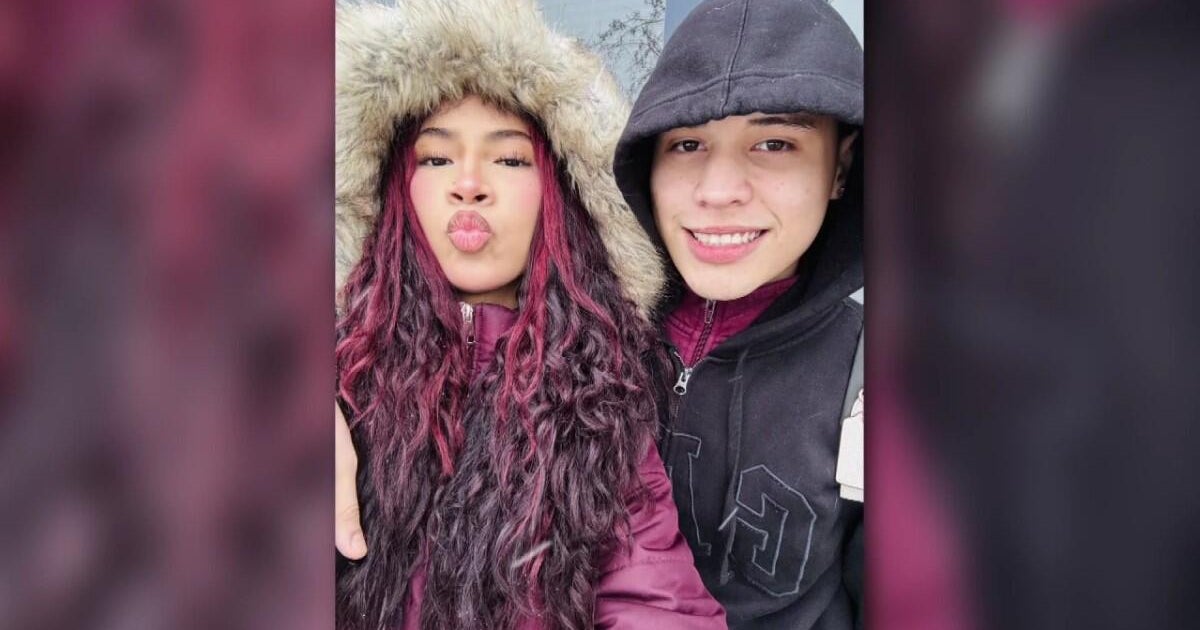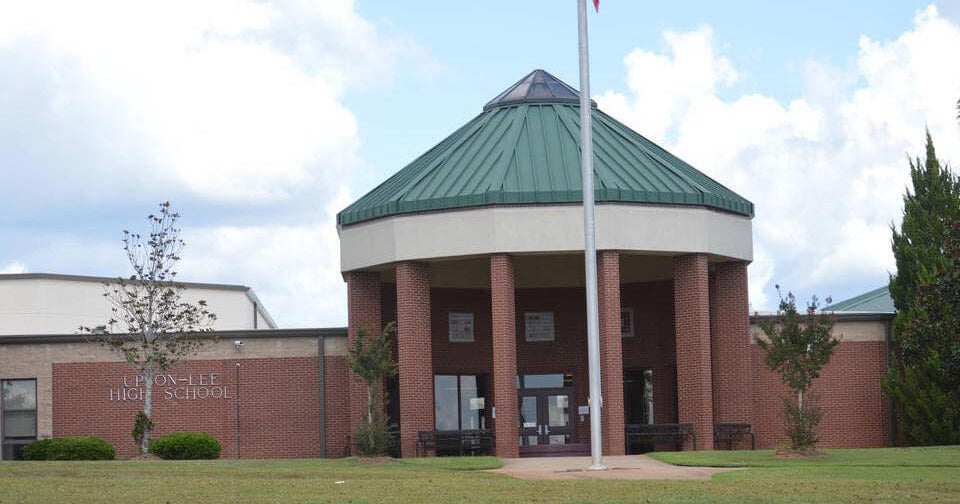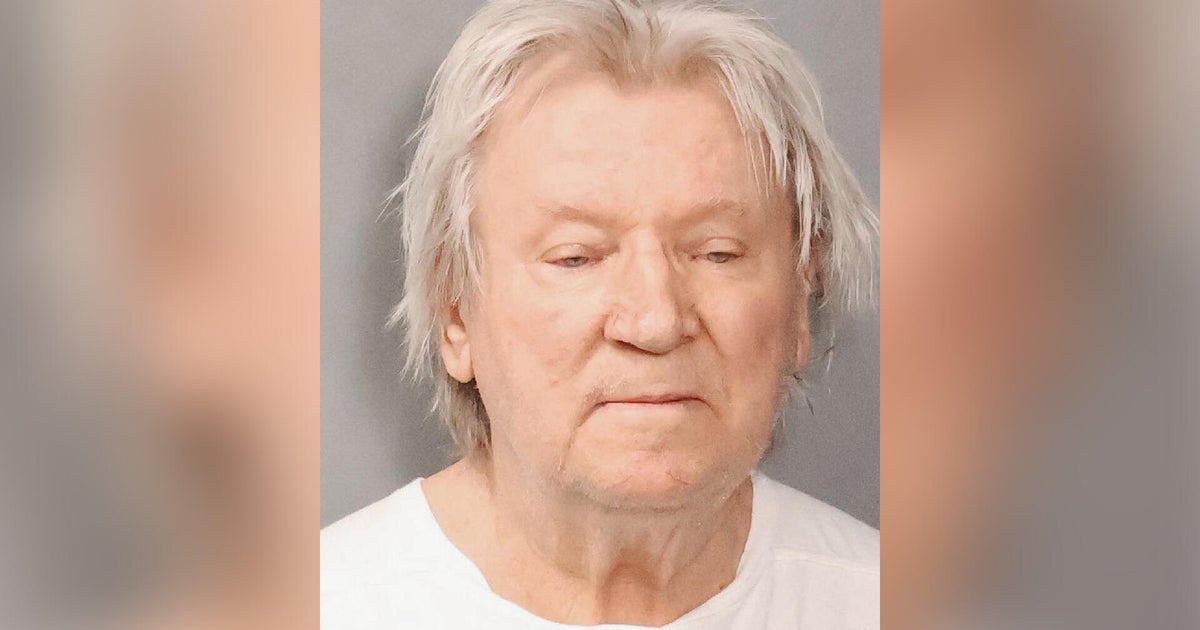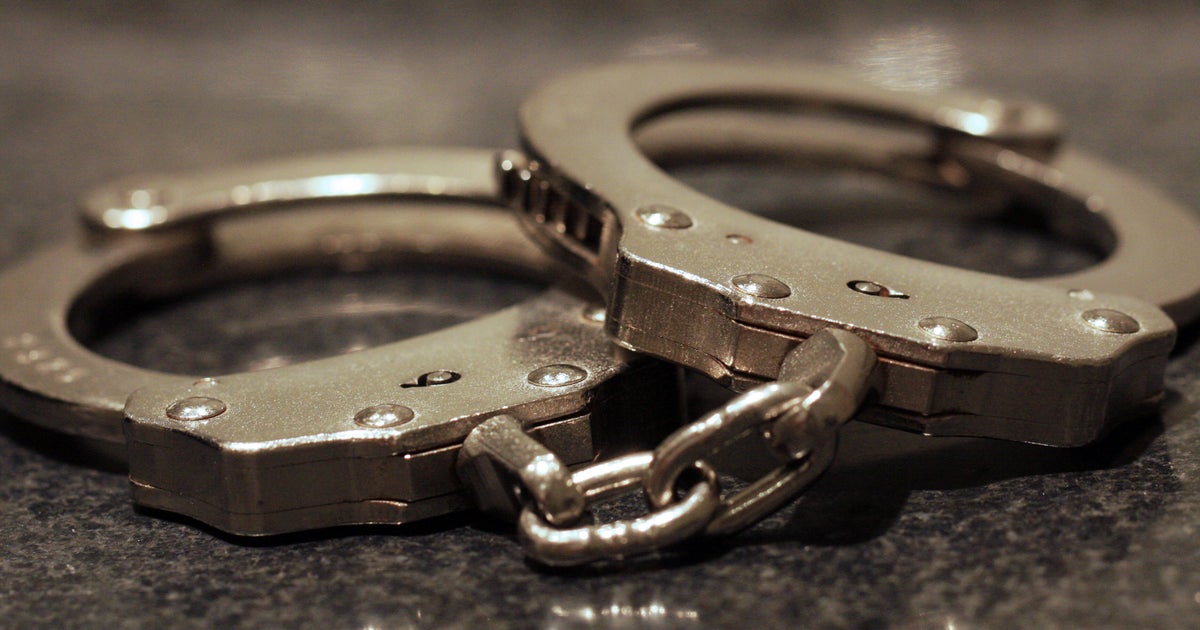Cries For Help: Substance Abuse And Teen Suicide
BOSTON (CBS) - There have been some alarming findings on suicide circumstances.
The Massachusetts Violent Death Reporting System says in 2009, 30 percent had a history of substance or alcohol abuse. And Yale University reports bully victims are up to nine times more likely to consider suicide than non-victims.
WBZ NewsRadio 1030's Mary Blake has more in the conclusion of her series "Cries for Help."
Podcast
Narragansett Regional High School in Templeton is a school that holds painful memories for "Rebecca."
"The drama in that school is ridiculous because it's such a small school. Everybody's in your business and they will go on and antagonize you for months at a time," she says.
"Rebecca" maintains she has been a victim of bullying, and is concerned with events of the past year at 'Gansett High.
"So many kids are, like, hurting themselves and they're only 15 and 16 years old," she says.
"Rebecca" wants educators to do more, but the full time school Resource Police Officer, Steven Flis, says students need to come forward.
"Everybody wants to say the word bullying," Officer Flis said. "Everybody wants to use that term all the time. But you need to come, you need to talk to me and you need to report it if there is a problem that is going on. Not every incident is bullying, but everybody wants to use that as that's what's going on."
Most observers agree that what is going on in alarming numbers is cyber bullying. "Rebecca" says she sees it a lot.
"Facebook is probably the worst," she said.
State Attorney General Martha Coakley chairs a commission established by the state's anti-bullying law. While she stops short of advocating that bullying be made a crime, Coakley has concerns about bullying on-line.
"This is 24-7 for some of these kids. It's anonymous and it's often very vicious," Coakley states. "People will say things on line that they wouldn't say to someone's face. And the cumulative effect of that, parents and schools cannot ignore."
She continued, "I understand that it's difficult, but that's not a reason why we don't have to face it and deal with it in ways that teach kids respect and teach kids what the impact is , and in many ways, I think it's starting to sink in."
Worcester County Sheriff Lewis Evangelidis is working to put that message out too. Twice a week, he presents an anti-drug and alcohol prevention and education program called Face-2-Face for middle and high school students.
"I think it's pretty clear that teen suicides often go hand in hand with drug and alcohol abuse," said Evangelidis.
Sheriff Evangelidis has reached 18,000 students with his program. He spoke at Narragansett Regional High School a few weeks ago.
"Just the day after I went to Narragansett, my own daughter's middle school softball team was playing Narragansett. After the game the kids spotted me and they all came up to me and talked to me about how they enjoyed the program and it made a difference for them," he said.
Amy has three teenage children in the Templeton school system. She is calling for her peers to get more involved.
"Parents need to step up and find out if their kids are on drugs or not. Don't just take their word for it, test them," she challenged.
Incoming South Hadley School Superintendent Nick Young has a unique perspective on teen suicide. His new district was rocked by the suicide of freshman Phoebe Prince two years ago. Young lives in South Hadley and his daughter attended classes with Prince.
"I think public awareness is a really critical aspect of this problem," Young said. "We all need to be sort of mindful of what the signs are for a student that is dealing with some sort of a challenge or a struggle that we can intervene on collectively, and find ways to assist."
Larry Berkowitz, Director of the Riverside Trauma Center in Needham, puts it this way.
"Suicide is probably among the leading preventable causes of death as a public health issue," he said. "And if we can get out there enough for people to really understand the causes, understand the warning signs and deal with the stigma, so that people aren't afraid to ask for help, we can save a lot of lives."
The National Suicide Prevention Lifeline toll-free number is 1-800-273-TALK.







